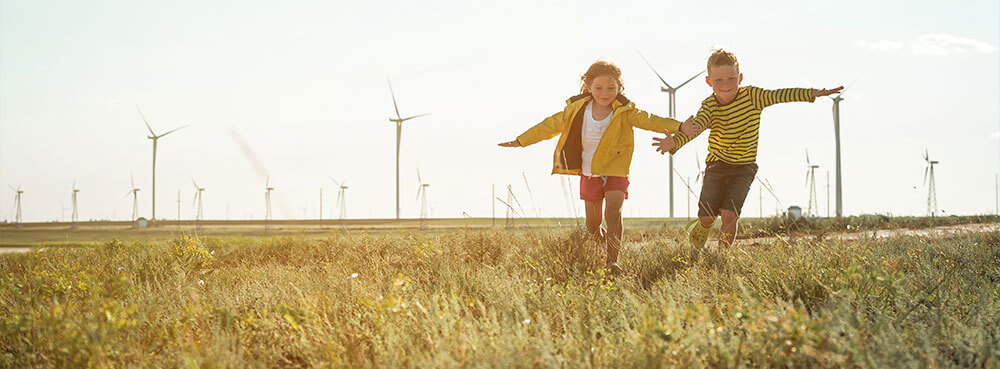Sharpsmart Recognised for Sustainability Credentials

Sharpsmart Ltd Recognised for Sustainability Credentials at NHS in the Midlands, Excellence in Supply Awards.
We are pleased to announce that we have been recognised for Sustainable Development at the recent NHS in the Midlands, Excellence in Supply awards which was held on Thursday 7th October 2021. The ‘Sustainable Development’ award recognises initiatives that a business/supplier has undertaken to minimise their impact on the environment.
October 2021. The ‘Sustainable Development’ award recognises initiatives that a business/supplier has undertaken to minimise their impact on the environment.
The awards ceremony followed a successful conference (the NHS Performing at their Best Procurement Conference), where Managing Director Neil Robinson presented to attending delegates. The presentation discussed some hard-hitting topics, including learnings from the Covid-19 pandemic and how procurement strategies should be adapted to secure commercial investment and support the NHS to meet their ambitious sustainability targets.
The Award Submission
To evidence our ‘Sustainable Development’, our award submission detailed the positive impacts of the Sharpsmart reusable container system, and in particular the environmental impacts it has had for multiple NHS Trusts based in the Midlands area.
Providing resilience
The Covid-19 pandemic resulted in unprecedented increases in healthcare waste volumes, from increased sharps waste as a result of the vaccination programme, to the surge in soft clinical wastes due to the rise in the use of personal protective equipment (PPE).
As a response, and to effectively manage the increase of waste production as a result of the pandemic, we created additional treatment capacity for the UK healthcare waste industry which ensured that as a partner, we could continue to collect waste produced at customer sites, in turn, providing resilience and reducing the reliance on incinerators.
Environmental impacts
The Sharpsmart containment system reduced the manufacturing and incineration of single-use sharps containers across multiple NHS trusts. Within NHS Trusts in the Midlands: 
- 602.5 tonnes of clinical waste have been collected in the Sharpsmart re-usable container system,
- All of the above has been diverted from high-temperature incineration, in turn,
- Preventing the manufacture and incineration of an estimated 301 tonnes of single-use plastic,
- Preveting the release of 1,698tonnes of CO2e into the atmosphere.*
The by-product of our continued development and operation of the sustainable treatment method has produced 1.15 million kilowatt hours of energy – enough to power 291 homes for a year!**
Empowering NHS Trust staff
As standard, we focus on partnering with NHS Trusts to empower staff through education. This education not only ensures the safety of staff, patients, and the general public, but it also helps to train staff in proper waste segregation inline with the most up to date policies and regulations, while raising awareness of sustainability within the clinical setting.
The Sharpsmart team wish to thank all their customers for being part of the journey to make healthcare safer and look forward to the sustainable future that we will create together.
Advocate for Change in Your Facility
If you're looking to drive change within your clinical setting, whether that is looking into strategies to help you to reduce your green house gas emissions, or you are searching for a safer sharps disposal alternative to single-use plastic containers, our team are on hand to help you get started. Simply request a consultation using the link below to move one step closer to making that #SharpsmartDifference.
Notes:
* This estimate is based on findings from UK-wide figures gathered from over 30 hospital sites where burn bins have been replaced by the Sharpsmart service where 1/3 of a full single-use container’s mass is the container itself. Carbon Emissions is based on the fact that single-use plastic production has an effect of 5.64 kg of CO2 per kg produced (Plastic bags and plastic bottles - CO2 emissions during their lifetime - Time for Change ).
**This figure is based on the by-product of Sharpsmart’s process having a Net Calorific Value of 19.5 MJ/kg (confirmed by Associated Waste Management), which is equivalent to 5.42 KWh/kg. This means that the 529 tonnes of waste by-product hold a total calorific value of 2.87 million KWh, assuming the power generator has an efficiency of 40% (Electricity Generating and Distribution Efficiency – mpoweruk.com) and the average home uses 3941 KWh electricity per year (https://www.ovoenergy.com/guides/energy-guides/how-much-electricity-does-a-home-use).
